Uber setting goal of 100% of rides in EVs in US, Canada and European cities by 2030
Green Car Congress
SEPTEMBER 9, 2020
Uber is committing to become a fully zero-emission platform by 2040, with 100% of rides taking place in zero-emission vehicles, on public transit, or with micromobility. In addition to platform goals, Uber is also committed to reaching net-zero emissions from corporate operations by 2030.


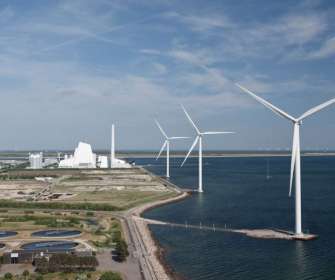













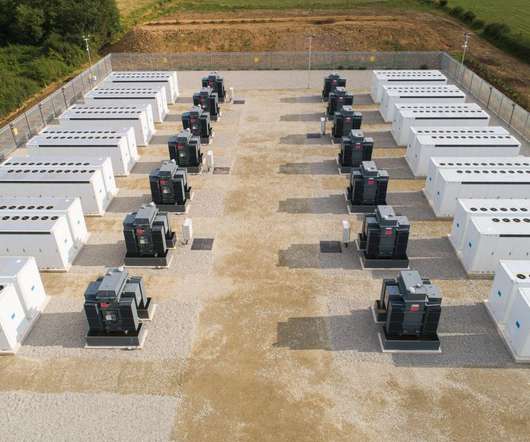
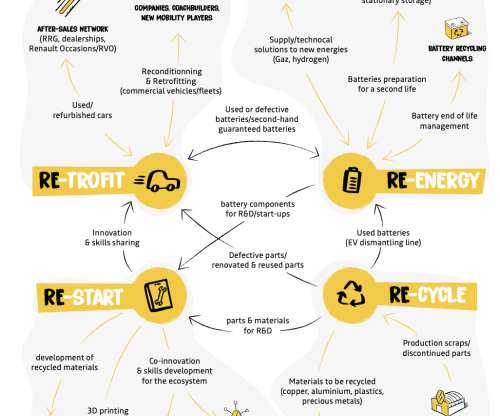




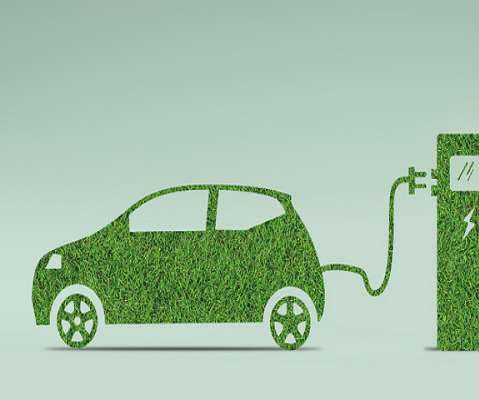

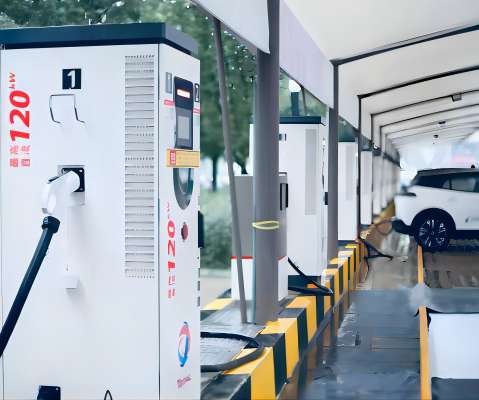


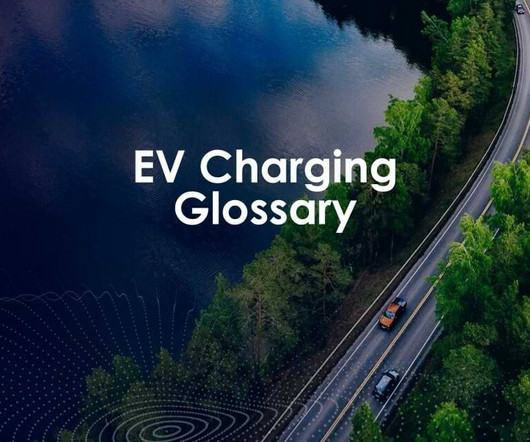
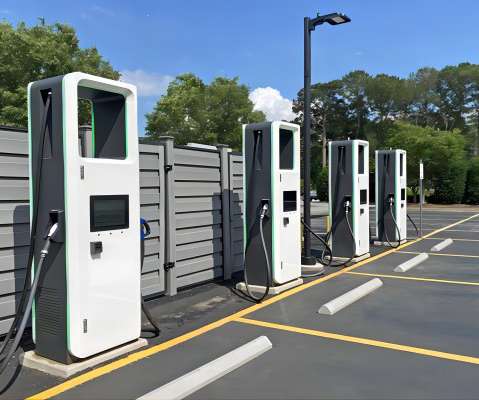














Let's personalize your content